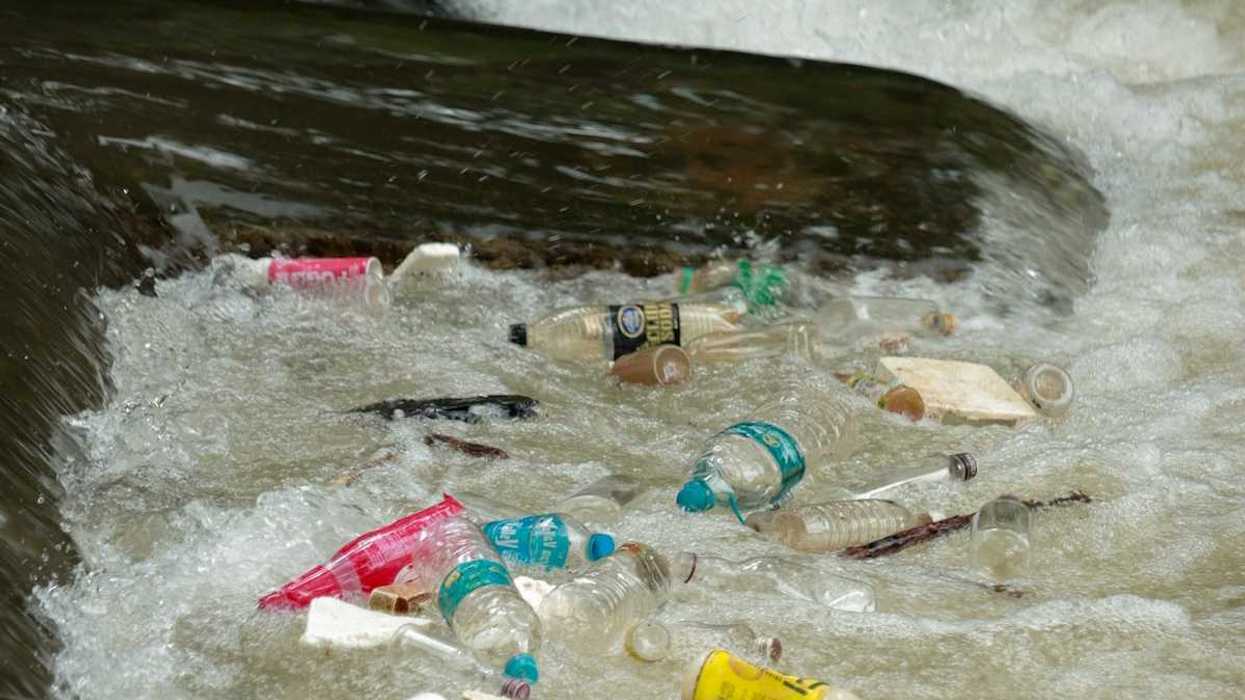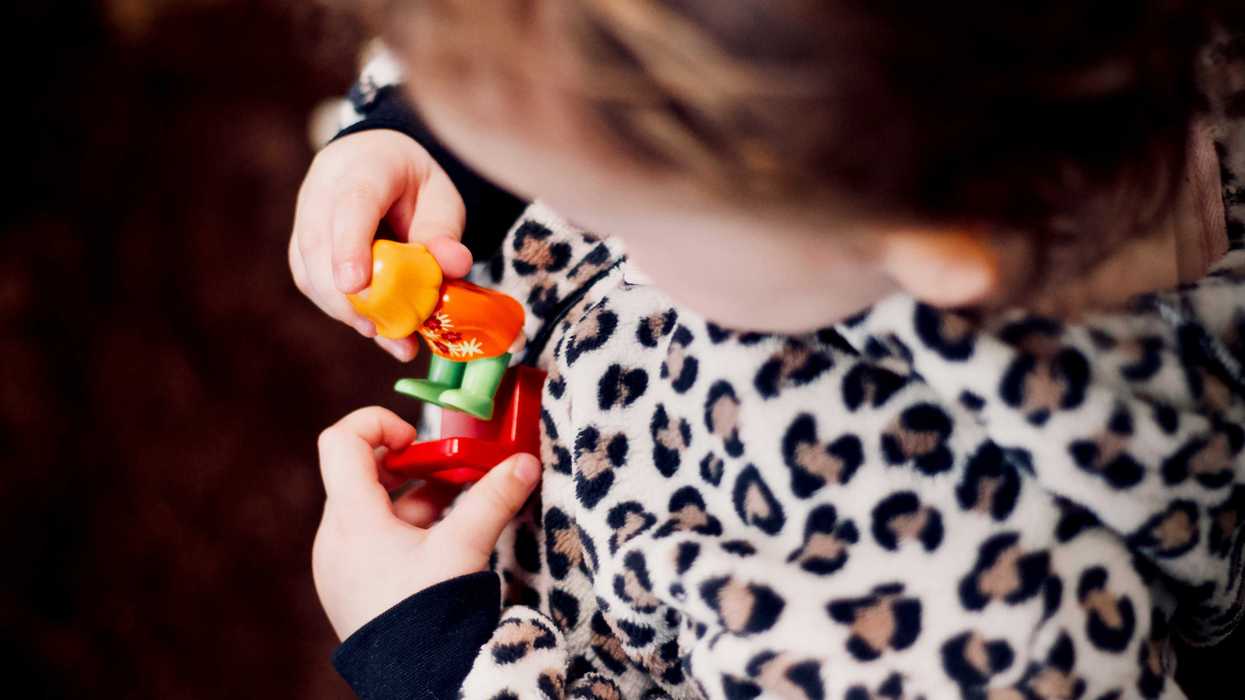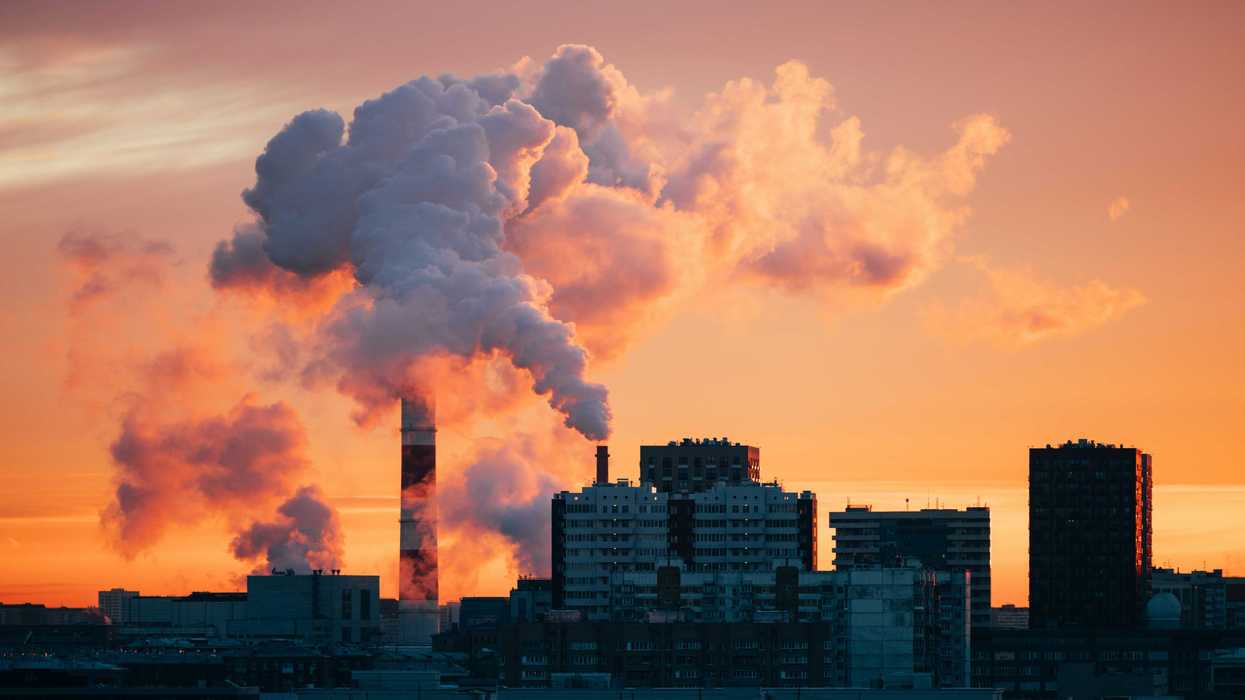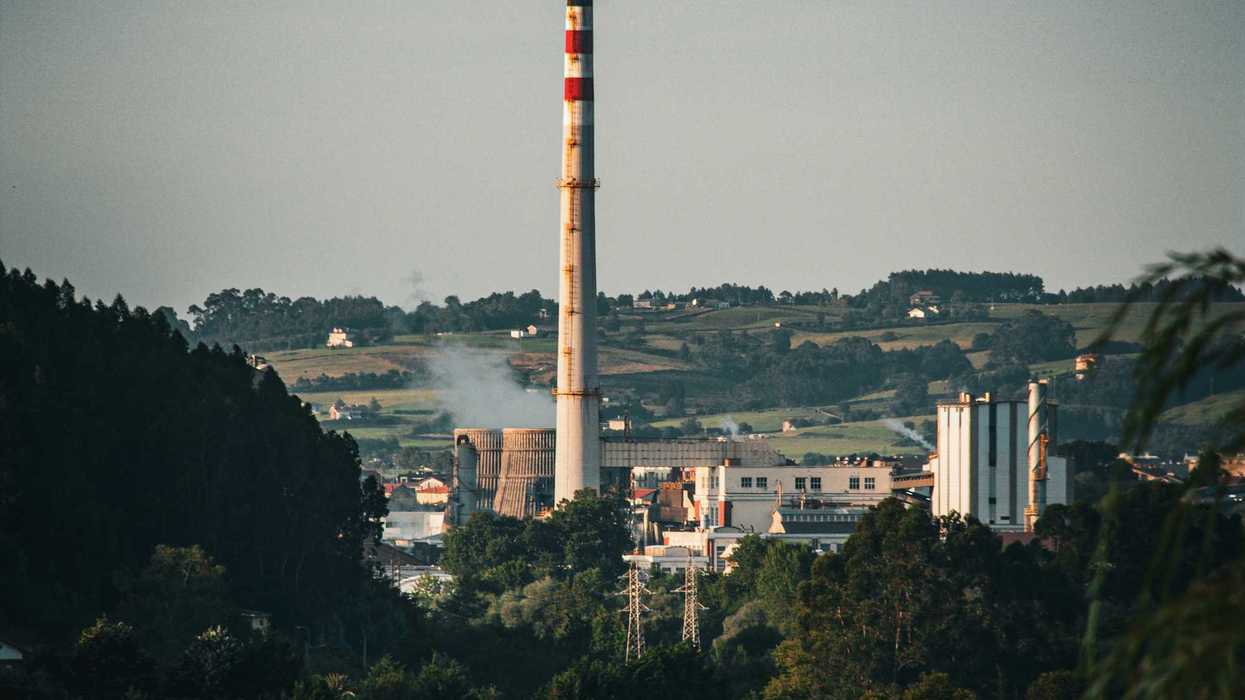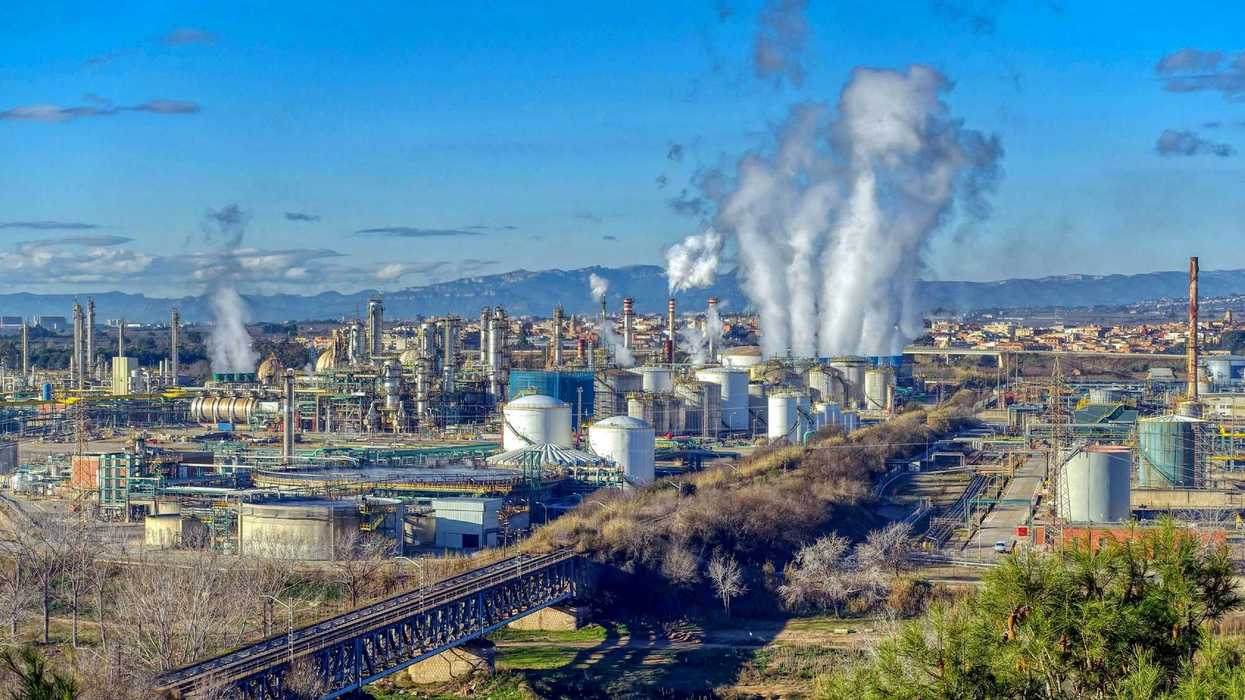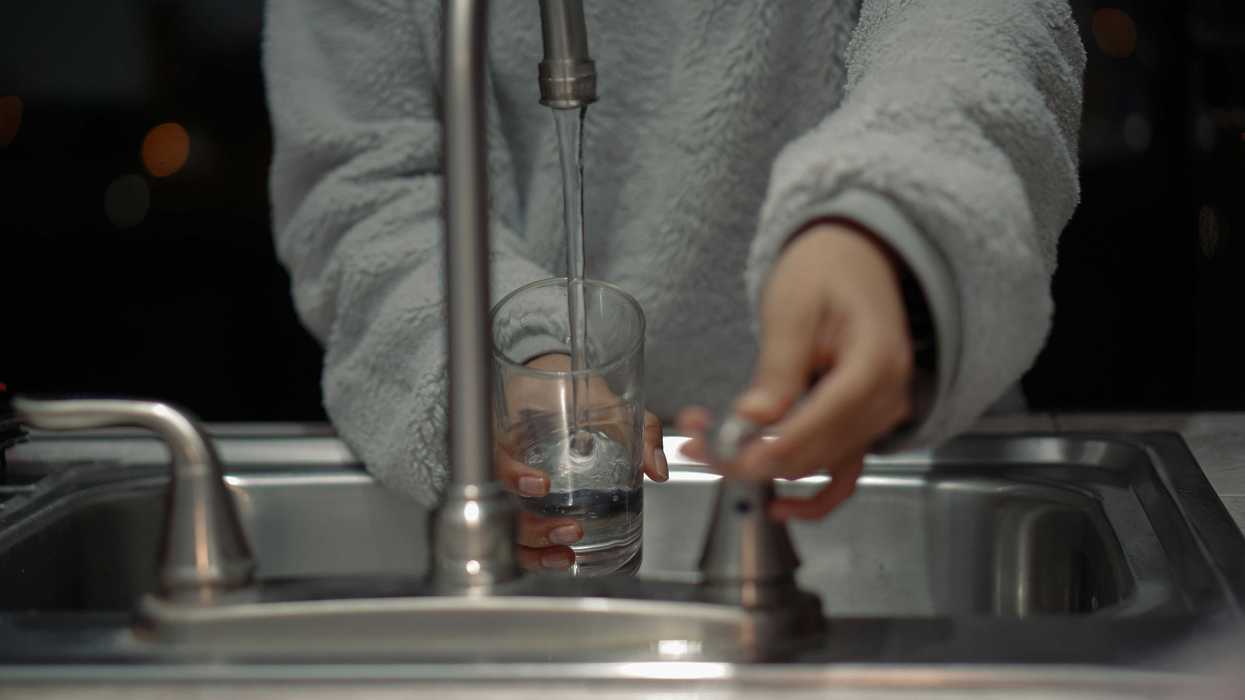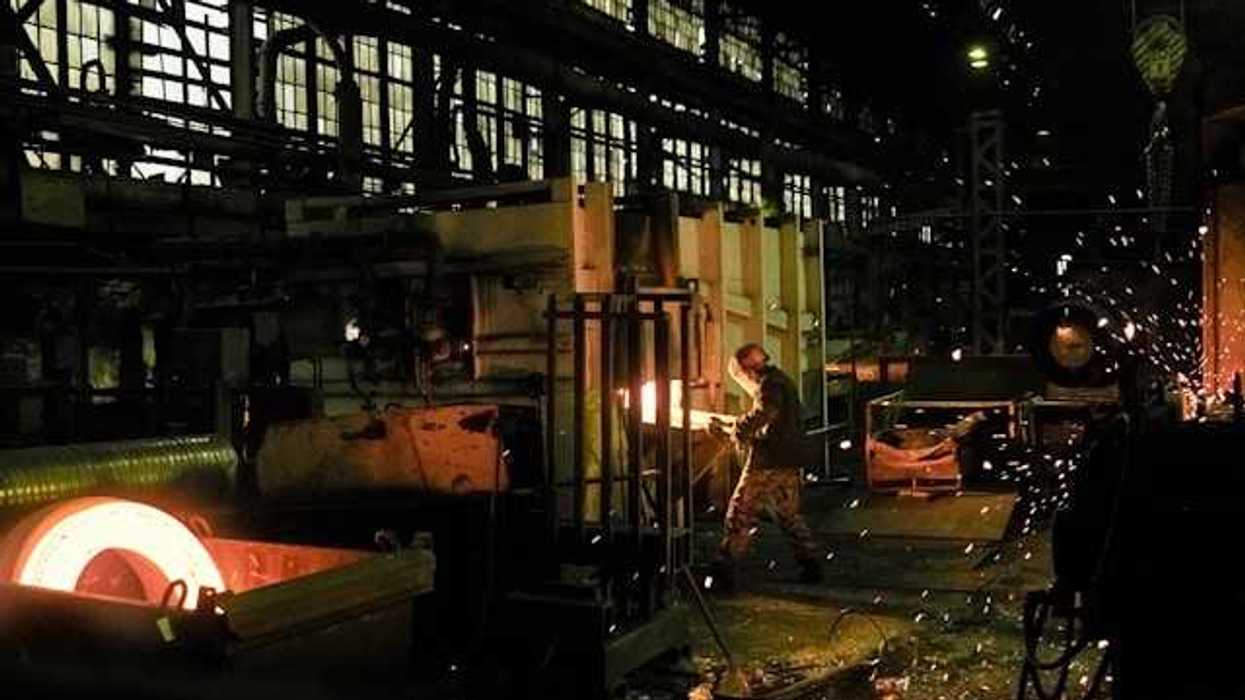Turning plant waste into biochar has long been touted as a way to store carbon, but new research suggests it could remain locked away for thousands of years — far longer than previously believed.
In short:
- Indigenous people in the Amazon created “terra preta” centuries ago by turning plant waste into a carbon-rich soil additive, a technique now being adapted for modern climate solutions.
- A new study finds biochar could remain stable for millennia, with over 90% surviving for thousands of years, making it a more effective long-term carbon storage method than current models predict.
- This discovery could reshape the carbon credit industry, making biochar-based removal credits more attractive to companies like Microsoft and Google looking to offset their emissions.
Key quote:
“Biochar is already a compelling solution. This data just suggests that the benefits are even greater than we already assumed.”
— Thomas A. Trabold, sustainability scientist at the Rochester Institute of Technology and CEO of Cinterest
Why this matters:
In a world desperate for scalable carbon removal, it turns out the future might be buried in the past. If biochar lasts for thousands of years, it could rival high-tech carbon capture methods at a fraction of the cost while doubling as a soil booster, improving crop yields while keeping carbon safely underground.



